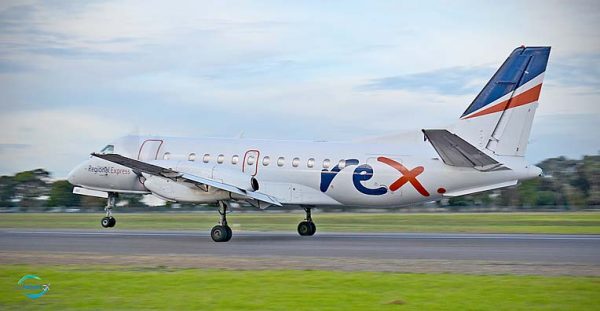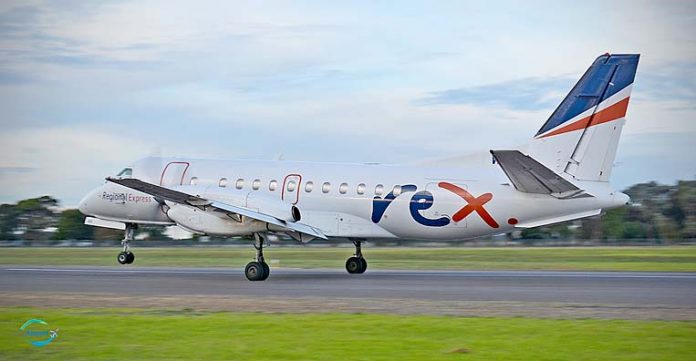
GRANT District Council’s “irresponsible decisions” to bump up passenger head tax during 2007 to 2010 resulted in dwindling passenger numbers, according to Rex Airlines’ Senate inquiry submission.
The airline’s 25-page submission into rural, regional and remote airlines targets council’s “monopolistic behaviour” in addressing the inquiry’s terms of reference.
According to Rex, council’s “hefty” 46pc ($3.30) passenger head tax increase in October 2010, which followed “unjustified” increases of 10pc (.65c) and 7pc (.45c) have contributed to ticket pricing and a subsequent impact to passenger demand.
“Many councils argue that a $3 increase in head tax is not such a big deal compared to the overall $200 cost of the ticket,” the submission said.
“Rex’s financial year 2016 operational profit before tax amounted to only $4 per passenger per flight hour of over 400km.
“That means on a ticket price of about $200, a $5 reduction in average fare would put Rex out of business.
“$3 is extremely significant compared to the $4 that Rex made for each passenger.”
Rex said the dynamics of air travel, including generally low passenger numbers and the need for day return capabilities for passengers, made regional aviation inherently more expensive than domestic and international flights.
The submission said council’s decision to lift the head tax “resulted in a steep decline in passenger numbers from 117,000 then down to 76,000 today”.
However, Grant District Council defended its $10.45 passenger head tax as modest and competitive in its Senate submission.
According to the council, passenger numbers had grown at an average of 12.9pc per year between 2005 and 2007 with O’Connor Airlines and Rex servicing the region.
Council’s submission said extremely competitive pricing ultimately saw the demise of O’Connor, followed by a “monopoly situation”.
“After the collapse of O’Connor Airlines, the market suffered from pricing increases and a rationing of services,” the submission said.
“These factors contributed to an average market decline of 6.5pc per annum and in the 2016/17 financial year, passenger numbers stabilised at 78,204 persons.”








